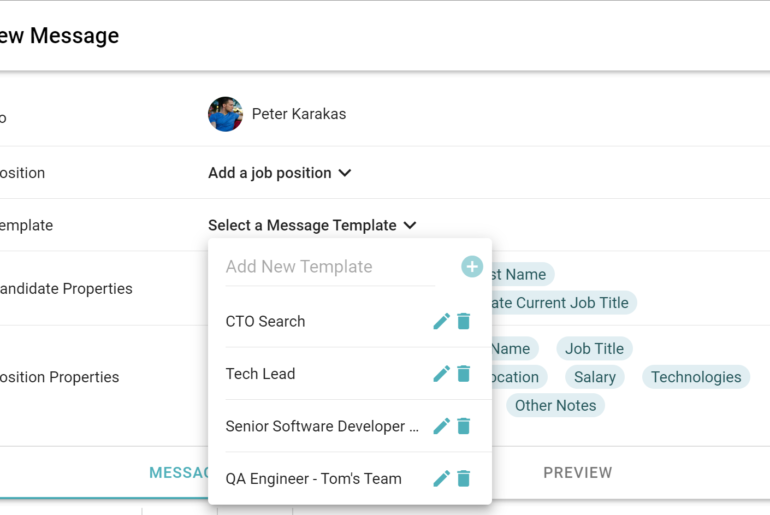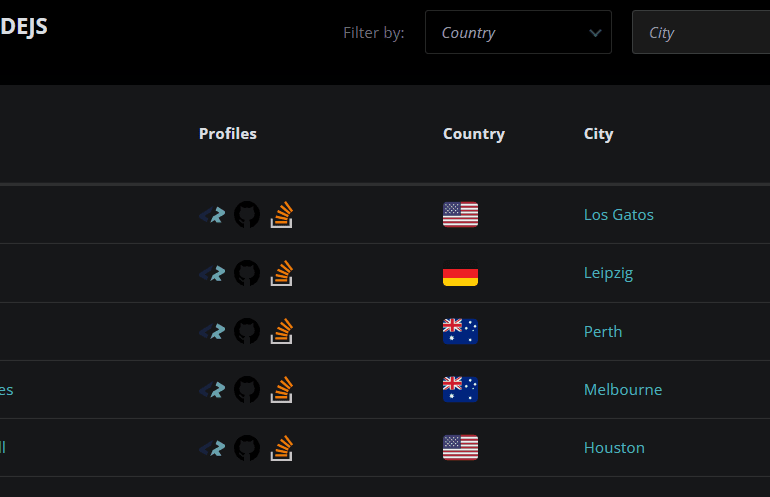How to think about your self-development as a software developer? What types of leadership roles are available for technologists at BlackRock? We talk about all of these things and more with Judit Gerlits, Software Developer at BlackRock.
What is your earliest memory with technology and when did you start developing software?
I’ve been around computers since I was a little kid. All of my family members are computer programmers – my mother, and my older and younger brothers – and my dad is a mathematician, so I was very much headed towards that path from a young age. Back in the eighties, I started working with microcomputers, a ZX Spectrum, at home with my family.
What do you do now?
I’m a Java and Kotlin programmer at BlackRock. My team and I have been working on five or so business applications for a couple of years now; I was recently working on a cloud native project, where I learned to work with several new technologies, like programming in Kotlin or using Spring Integration framework. What I also love about my role is that I have a hand in building the technologies we use at BlackRock.
What compelled you to join BlackRock? What kinds of opportunities did you envision there?
I’ve been in the Hungarian fintech industry for a very long time, and what drew me to BlackRock in 2017 were the varying routes to leadership for technologists. In my previous role, as a senior developer I felt an increasing amount of pressure to become a people manager. I felt that was the only career path for me, but it wasn’t a route I wanted to pursue. At BlackRock, there has been an ongoing effort to help technology professionals who don’t want to be people managers find other leadership positions that better suit them, especially as subject matter experts. There are also other forms of leadership I encounter here every day, like mentoring, or team structures where an engineer owns a small piece of the project and determines the tasks for the developers. Leadership happens in lots of small pockets of a project – everyone at BlackRock can and will get a taste of it throughout their career.
Can you talk a bit more about that? What is the variety of leadership roles like for technologists at BlackRock?
There is a huge variety of options. You can be a software developer, or a lead developer for a project, providing people with technical directives. You can be a strategy manager, who, rather than coding, is determining what the company should do, what direction it should take. We have quite a few senior colleagues who do this. You can go in the project owner direction, where you manage tech professionals from the business side of things. You can also become an expert in a more focused technical area and serve as an internal expert. For example, you can be an authentication manager, and teams at BlackRock will ask you to share your expertise for a specific project they’re working on. BlackRock has created a specialized track to support career paths like mine, and you can switch paths at any time.
How can someone figure out which leadership path is best for them?
I think it’s worthwhile to try out as many different roles as possible to find out what you like and what you do well. BlackRock has a great internal mobility initiative: if you want to change teams or even functions, your manager can work with you to explore new opportunities and help with that transition, so you can try a lot of different things during your career. A career is rarely a straight shot; oftentimes, your interests and career goals change as you gain more work experience. I’ve had several managers who were previously programmers and weren’t ready to let go of coding, even though they no longer had the time for it. They benefitted most when they were able to streamline their different areas of expertise. The best managers are those who enjoy what they do!
What advice do you have for people at the beginning of their career when thinking about self-development?
It is very important to step out of your comfort zone on a regular basis. Don’t just do one thing
and get stuck there. It’s essential to always be learning new skills, and BlackRock provides a great deal of support for many types of learning, including internal trainings, free access to the O’Reilly and Pluralsight platforms, plus a learning allowance and 3 days covered for courses and conferences, where you can hear what’s new and stay up to date on trends. It’s also very important to talk to people who are on other projects – not only can it benefit your own project, but it will also likely be useful to you in the future.
What is it like being a woman technologist at BlackRock? Are there any specific opportunities or mentorship programs available to women in coding at the firm?
There are a lot of women here at BlackRock, and they’re in a huge variety of roles across the firm. BlackRock believes that when a team is made up of people with diverse backgrounds and experiences, we produce much better ideas and solutions to problems. And we’re not just talking about men and women, or colleagues from different continents, but also about representing different social classes and cultural differences within countries. My team is 50% gender diverse, and many teams across the firm have similar breakdowns, which is above the general benchmark for this industry in Hungary. BlackRock is committed to supporting women, and even during the hiring process, takes the initiative to have female interviewers when screening women candidates. It gives us the chance to discuss things we can more specifically relate to.
We have a firmwide employee network called the Women’s Initiative & Allies Network (“WIN”), as well as a smaller group in the Budapest office called the Women in IT Budapest group. We work with several organizations like Skool and NATE to show girls and young women what a programmer does and why programming is fun. We also interview and mentor high school students, participate in charity donations for women and create study groups to help our own members further develop their skills and careers.
Interested in working at BlackRock? Find out more at the company’s Careers page.


